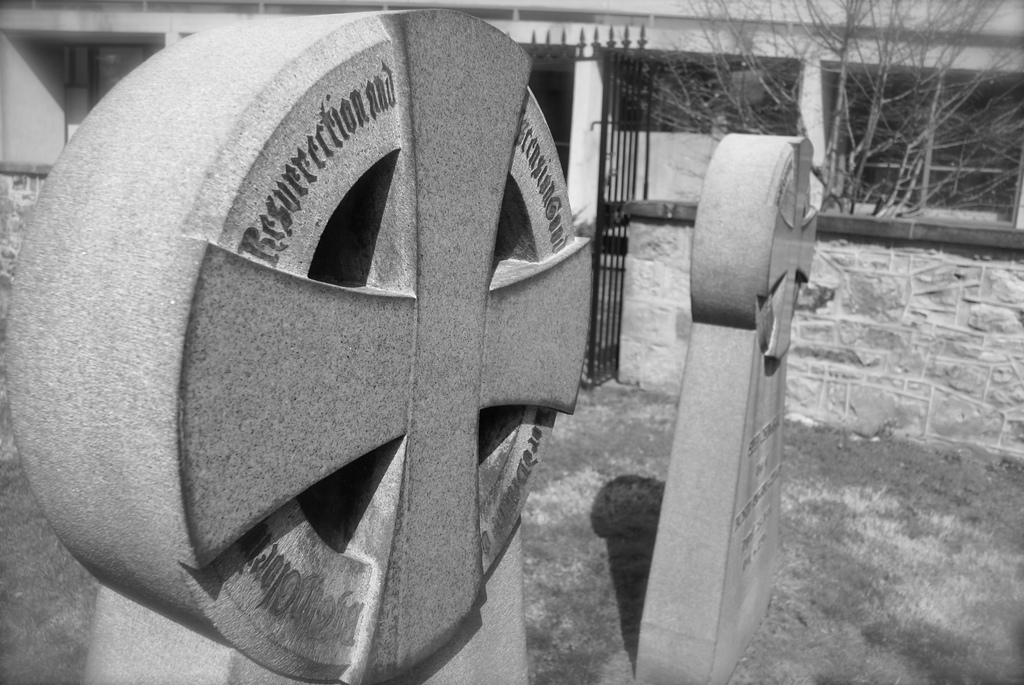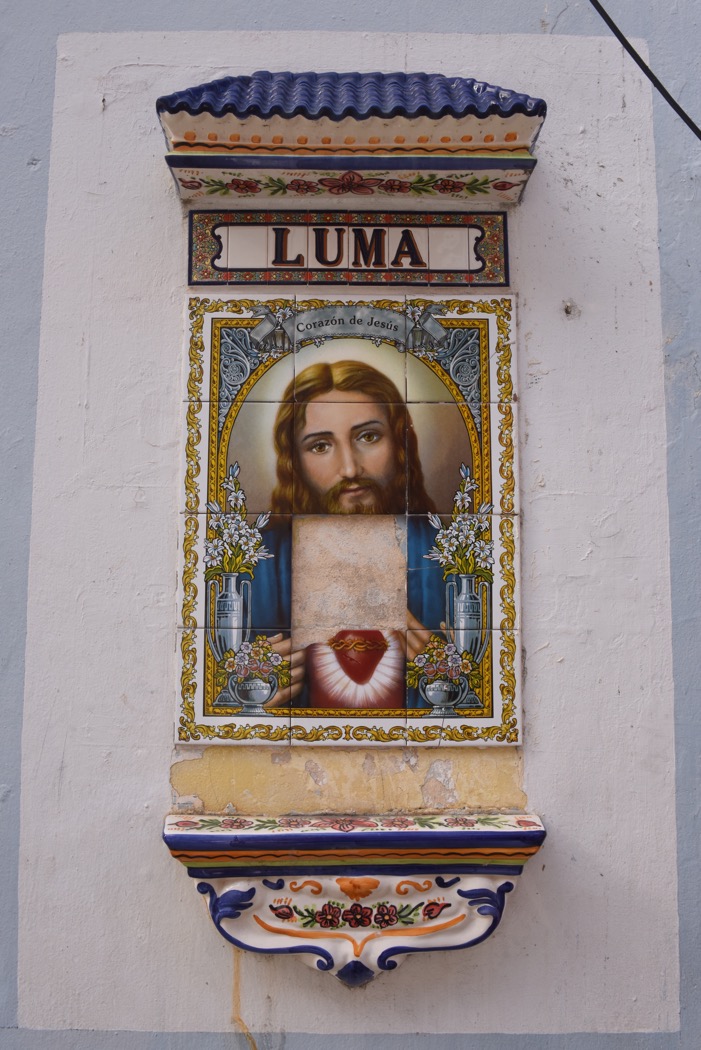This essay was written as part of the outreach program of The Episcopal Church of the Good Shepherd in Lexington to continue to minister to our community in this time of uncertainty and “social distancing” that requires not meeting in person. For essays by my friends and colleagues go to “Calming the Storm.”
In August of 2005, my wife and I, with our two, young children, joined thousands of others in evacuating from New Orleans as Hurricane Katrina bore down on us. We hunkered down at a friend’s house in Mississippi and the day after the hurricane passed, we returned to check on our house. It and our neighborhood was fine, but there we had no power and water so, with two children under 9 years old, we drove north, to my brother’s house in Ohio. We saw cars abandoned on the side of the highway, out of fuel and left to be retrieved another day. Tall pine trees had been snapped six, ten, twenty feet above the base. Signs were twisted and the facade of buildings were peeled back, like the tin of a sardine can in an old cartoon.
We were in the hurricane zone, an area where there was no cell service, no power, no utilities, but an overwhelming sense of uncertainty and insecurity. But we were driving north, out of the zone. Eventually we found gas, bought food, and were able to reestablish communication. Things were still uncertain, and our normal life had been altered dramatically for how long we did not yet know, but we began to feel a sense of relief, a calm and peace that we would come through this time. Our current time of crisis with the global spread of COVID-19 brings its own anxieties and burdens. None of us can drive out of this one, and yet we may still find calm and peace in the midst of this storm in the love of Christ.
In Romans 5, our Epistle from this past Sunday, Paul fully recognizes the difficulty and challenges of this life. He knows that to persevere through the dark valleys requires reminding ourselves that in the midst of the suffering there is also the grace of God.
Rom 5:1 Therefore, since we are justified by faith, we have peace with God through our Lord Jesus Christ, through whom we have obtained access to this grace in which we stand; and we boast in our hope of sharing the glory of God. And not only that, but we also boast in our sufferings, knowing that suffering produces endurance, and endurance produces character, and character produces hope, and hope does not disappoint us, because God’s love has been poured into our hearts through the Holy Spirit that has been given to us.
This passage is often misused to justify our suffering, to argue that God has sent these atrocities to us in order to build us up. That is not what Paul is saying. Rather Paul is laying out the path of peace provided by our salvation. It is the way that we, as followers of Jesus, can make our journey through this troubled world. Our faith is in Christ crucified and raised from the dead and therefore we, and all creation, are now reconciled with God.
Even as we are in the midst of this particular crisis, God is present with us. And let’s be honest, this pandemic, as frightening and unnerving as it is, is just one of the many battles being waged in our lives, as we all know those who are fighting illness, addiction, and the like. The point is not to diminish our anxieties and suffering, but to acknowledge that, sadly, they are not new. Yet that means also that it is nothing that the community of God has not faced before. Whether it is illness or war, persecution or personal depression, Paul encourages us to remember that we are not alone, and that God’s love has been poured into us and sustains us.
None of this removes the difficulty of the journey, but this knowledge and confidence allows us to reframe, to reconsider what we have experienced and how we can move forward. Suffering can just as easily produce depression and defeat as it can endurance, perhaps even more easily. How is it that suffering can result in endurance and character and hope? When we enter into it with the prayer and the purpose of transformation.
Later in Romans, Paul encourages us to make our way through this beautiful and terrible world by focusing upon God’s calling for us and committing to living for Christ. “To set the mind on the flesh is death, but to set the mind on the Spirit is life and peace” (Rom. 8:6). Paul is not advocating escapism, he is not saying to forget about the current struggles and trust that when you die you will be with Christ. While all of that is true, Paul is urging us to live fully in this life so that we might have the peace of Christ here and now, even as we continue to fight and struggle.
It was Jesus himself who promised us this means of overcoming the weight of the world. “Peace I leave with you; my peace I give to you. I do not give to you as the world gives. Do not let your hearts be troubled, and do not let them be afraid” (John 14:27). The Peace of Christ is the knowledge that in spite of the violence and hardship, in spite of the suffering and grief, in spite of infection and illness, we are secure and safe in our Savior. The Peace of Christ means that, although death remains a part of this life, it is no longer the final punishment of this world, but simply the beginning of our full, complete, and eternal life. The Peace of Christ is the knowledge and conviction, the sure hope, that “death has been swallowed up in victory.”
While this virus may require us remain at a distance from one another for a time, nothing can ever separate us from the love of God in Jesus Christ our Lord.
Let us pray:
Almighty God, kindle, we pray, in every heart the true love of peace, and guide with your wisdom those who take counsel for the nations of the earth, that in tranquility your dominion may increase until the earth is filled with the knowledge of your love; through Jesus Christ our Lord, who lives and reigns with you, in the unity of the Holy Spirit, one God, now and for ever. Amen.





